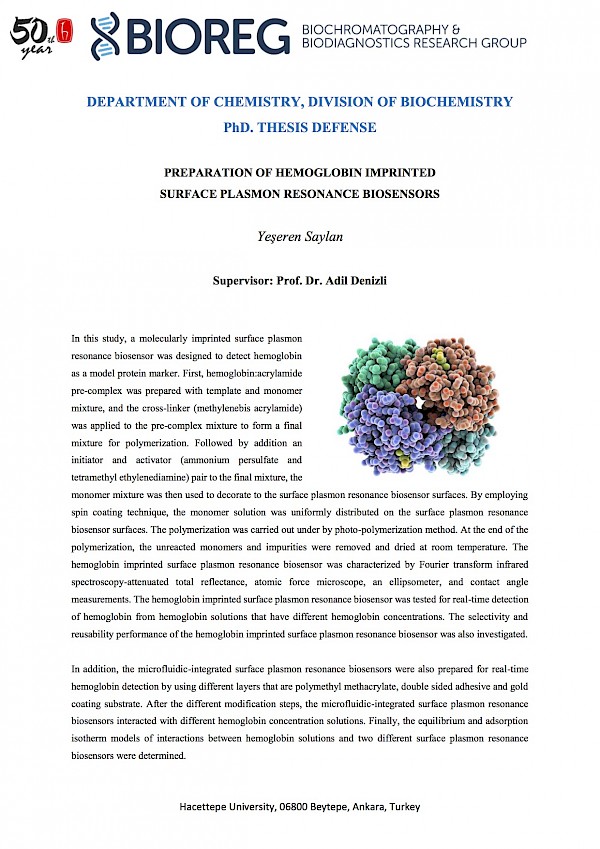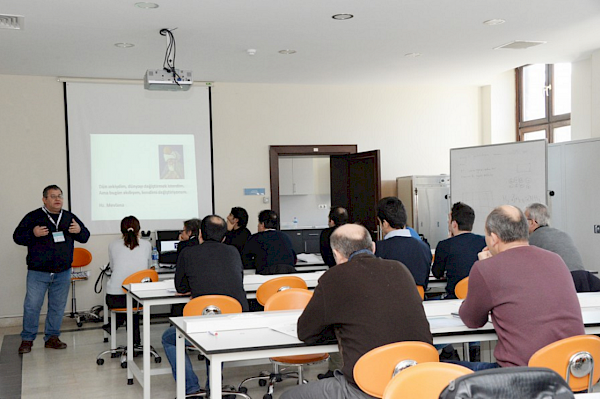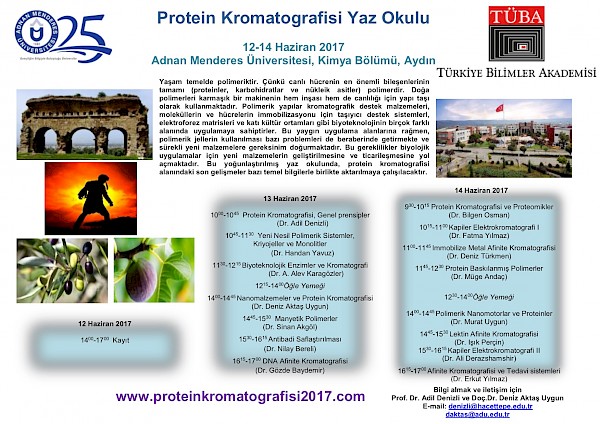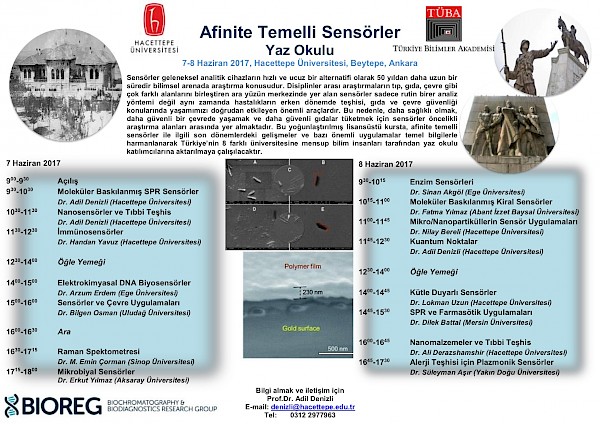News


Friday, May 26, 2017
KBRN (Kimyasal, Biyolojik, Radyolojik, Nükleer) Savunması İçin Yök'ten Akademik Destek
YÖK tarafından, yükseköğretim tarihinde ilk kez "KBRN (Kimyasal, Biyolojik, Radyolojik ve Nükleer) Çalıştayı" düzenlendi. YÖK Başkanı Prof. Dr. M. A. Yekta Saraç'ın başkanlığında YÖK'te gerçekleştirilen çalıştayda Sağlık Bakanlığı, Milli Savunma Bakanlığı, Kızılay, AFAD, Kamu Hastaneler Kurumu, TAEK, TÜBİTAK gibi paydaş kurumlardan temsilciler ile farklı üniversitelerden çeşitli alanlarda akademisyenler bir araya geldi. Üniversitelerimizde KBRN alanında yapılacak çalışmaların etraflıca masaya yatırıldığı çalıştayın açılış konuşmasını gerçekleştiren YÖK Başkanı Prof. Dr. M. A. Yekta Saraç ülkemizin KBRN konusunda çok önemli bir coğrafyada bulunduğunu belirterek "Yeni YÖK" olarak ülkemizin ihtiyaçları doğrultusunda yükseköğretim alanında planlamalar yapmakta olduklarını, bu bağlamda KBRN konusunda bilimsel ve akademik destek sağlanması, üniversitelerimizin ve akademisyenlerimizin aktif katılımı ile "belirleme ve savunma", ayrıca "hızlı tanı ve tedavi" konularında ülke potansiyelinin artırılmasını hedeflediklerini söyledi.
26 Nisan 2017 / Ankara
…Read More
Friday, May 26, 2017
KBRN (Kimyasal, Biyolojik, Radyolojik, Nükleer) Savunması İçin Yök'ten Akademik Destek
Read More
Friday, March 17, 2017
TÜBA Bilim Eğitimi Programı ile 11 farklı ilden 180 öğretmen uygulamalı eğitim aldı
TÜBA, Milli Eğitim Bakanlığı (MEB) ile imzaladığı protokol çerçevesinde ve TÜBA Bilim Eğitimi Programı kapsamında; temel bilimler öğretmenlerine yönelik “V. Uygulamalı Bilim Eğitimi Kursu”, 30 Ocak-1 Şubat tarihleri arasında İstanbul Üniversitesi’nde gerçekleştirildi.
…Read More
Friday, March 17, 2017
TÜBA Bilim Eğitimi Programı ile 11 farklı ilden 180 öğretmen uygulamalı eğitim aldı
Read More
Thursday, March 9, 2017
11. Ulusal Afinite Teknikleri Kongresi
11. Ulusal Afinite Teknikleri Kongresi, 15-17 Haziran tarihleri arasında Adnan Menderes Üniversitesi katkılarıyla yapılacaktır. Başvurular için lütfen afiniteteknikleri2017.com adresini ziyaret ediniz.
…Read More
Tuesday, January 10, 2017
Protein Kromatografisi Yaz Okulu 12-14 Haziran 2017
Adnan Menderes Üniversitesi, Kimya Bölümü, Aydın
Yaşam temelde polimeriktir. Çünkü canlı hücrenin en önemli bileşenlerinin tamamı (proteinler, karbohidratlar ve nükleik asitler) polimerdir. Doğa polimerleri karmaşık bir makinenin hem inşası hem de canlılığı için yapı taşı olarak kullanmaktadır. Polimerik yapılar kromatografik destek malzemeleri, moleküllerin ve hücrelerin immobilizasyonu için taşıyıcı destek sistemleri, elektroforez matrisleri ve katı kültür ortamları gibi biyoteknolojinin birçok farklı alanında uygulamaya sahiptirler.
…Read More
Tuesday, January 10, 2017
Protein Kromatografisi Yaz Okulu 12-14 Haziran 2017
Adnan Menderes Üniversitesi, Kimya Bölümü, Aydın
Read More
Wednesday, October 19, 2016
Afinite Temelli Sensörler Yaz Okulu
Afinite Temelli Sensörler Yaz Okulu, 7-8 Haziran 2017 tarihleri arasında Hacettepe Üniversitesi Kimya Bölümü'nde gerçekleştirilecektir. Katılım işlemleri için kullanılacak uygulamamız yakında yayında olacak ve Bioreg üzerinden duyurulacaktır.
…Read More